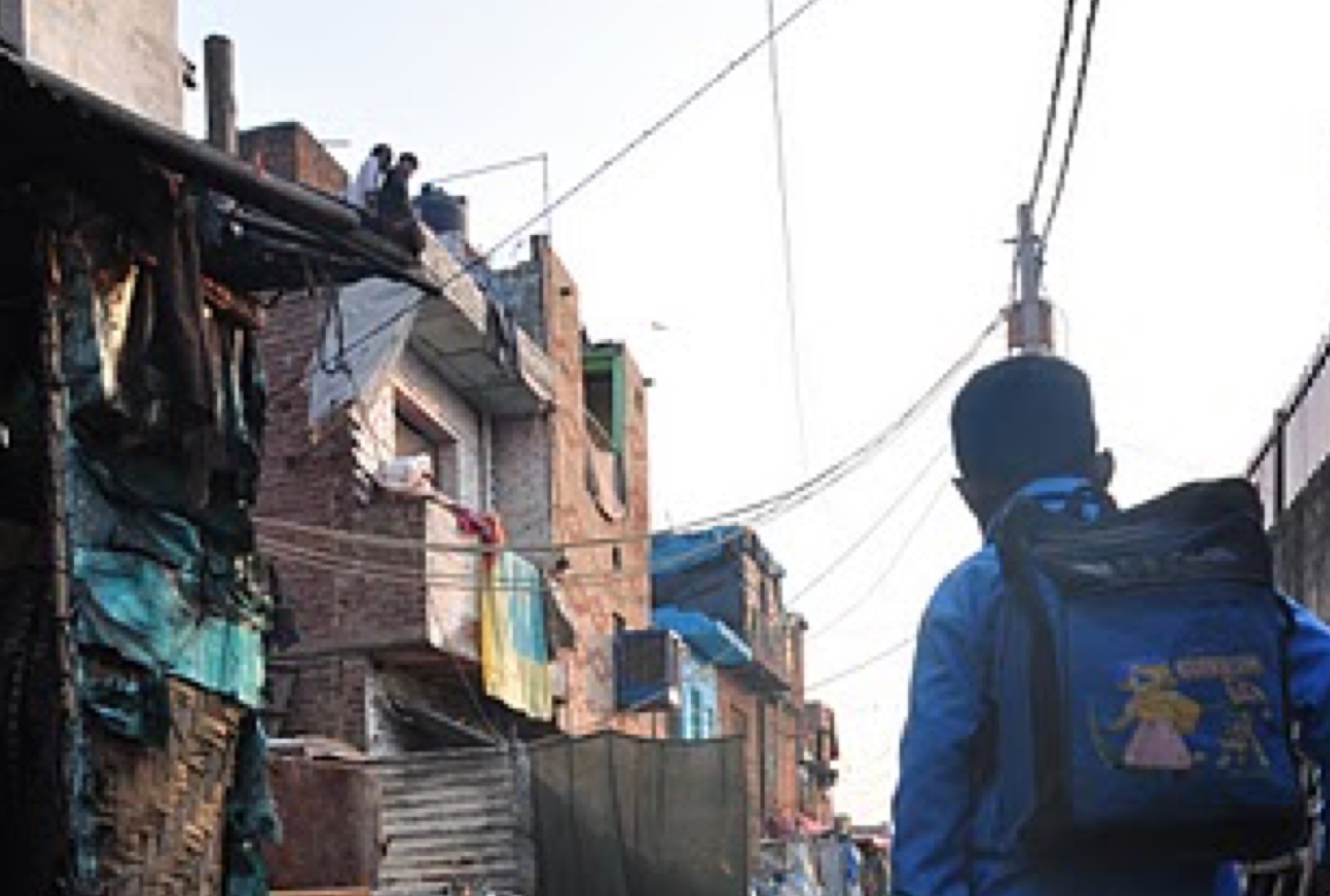Linguacuisine
Learning languages and cooking through digital technology.
Project description
The Linguacuisine project (2016-18) continues to promote learning of digital literacy, languages, cuisines and cultures. It does this through co-design of downloadable apps and social recipes. It uses an authoring tool to develop an online community of practice.
The project was funded €323,886 through an Erasmus+ KA2 Strategic Partnership grant.
Professor Paul Seedhouse was Principal Investigator. He worked with colleagues in the School of Computing's Openlab, as well as partners from:
- Action Foundation (UK)
- Hellenic Open University (HOU, Greece)
- Università degli Studi di Modena e Reggio Emilia (UNIMORE, Italy)
- Workers’ Educational Association (WEA, UK)
About Linguacuisine
Linguacuisine uses cookery to help make learning a new language easier. Using a smartphone or tablet, learners follow a recipe in a different language. The web-based app uses video, photographs and written instructions to help the budding chef make a dish. Users can choose from a wide range of recipes including cola fried chicken, kimchi pancakes and jam in 10 languages. Languages include English, Greek, Spanish and Italian.
The Linguacuisine project addressed the future of the equality of access and participation in learning. It is linked to two core skills gaps recognised by today’s changing Europe: digital skills and language skills. It did this through the co-design of downloadable apps and social recipes by means of an authoring tool to develop an online community of practice. We aim for mass adoption of these learning materials with a focus on social inclusion.
